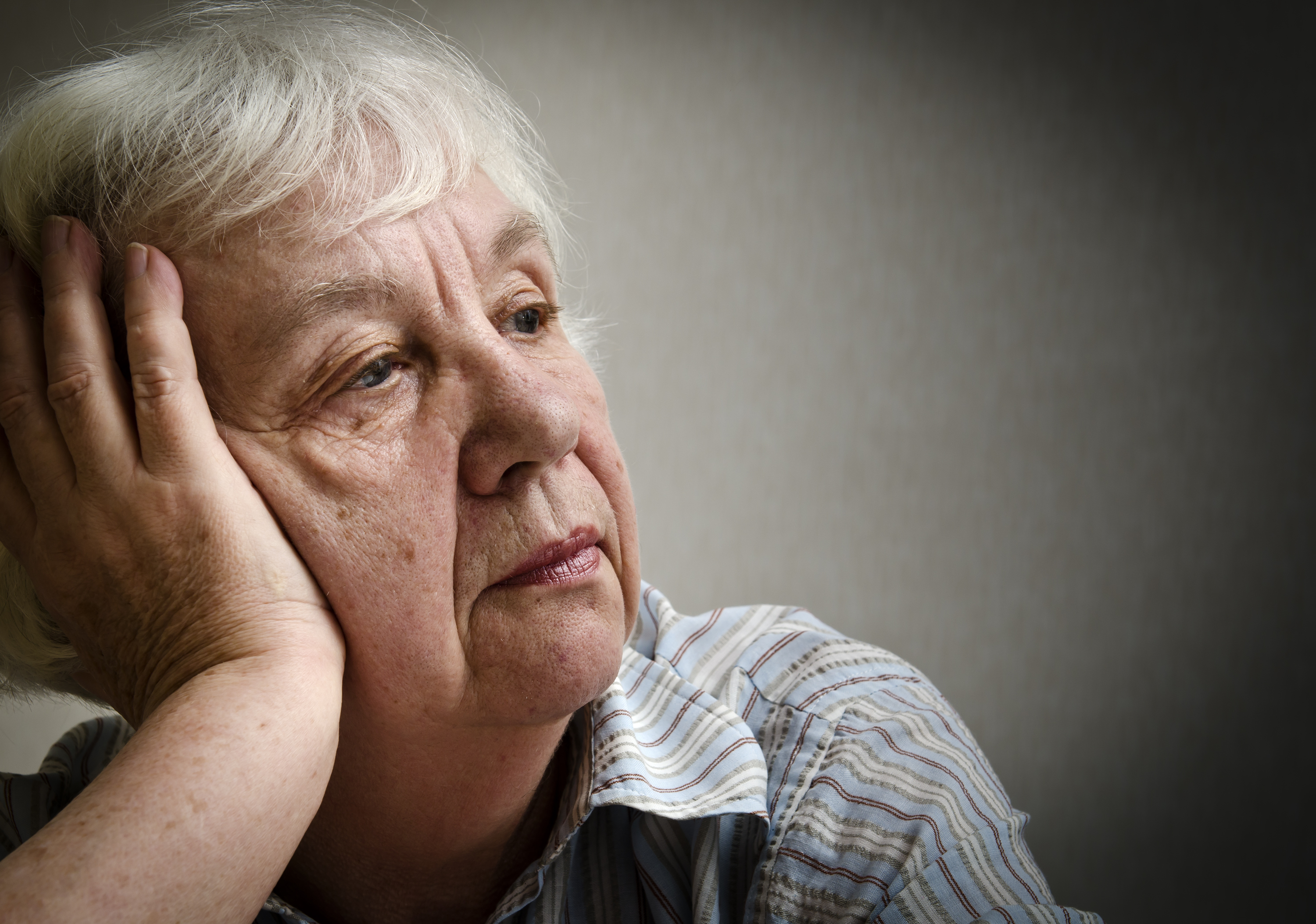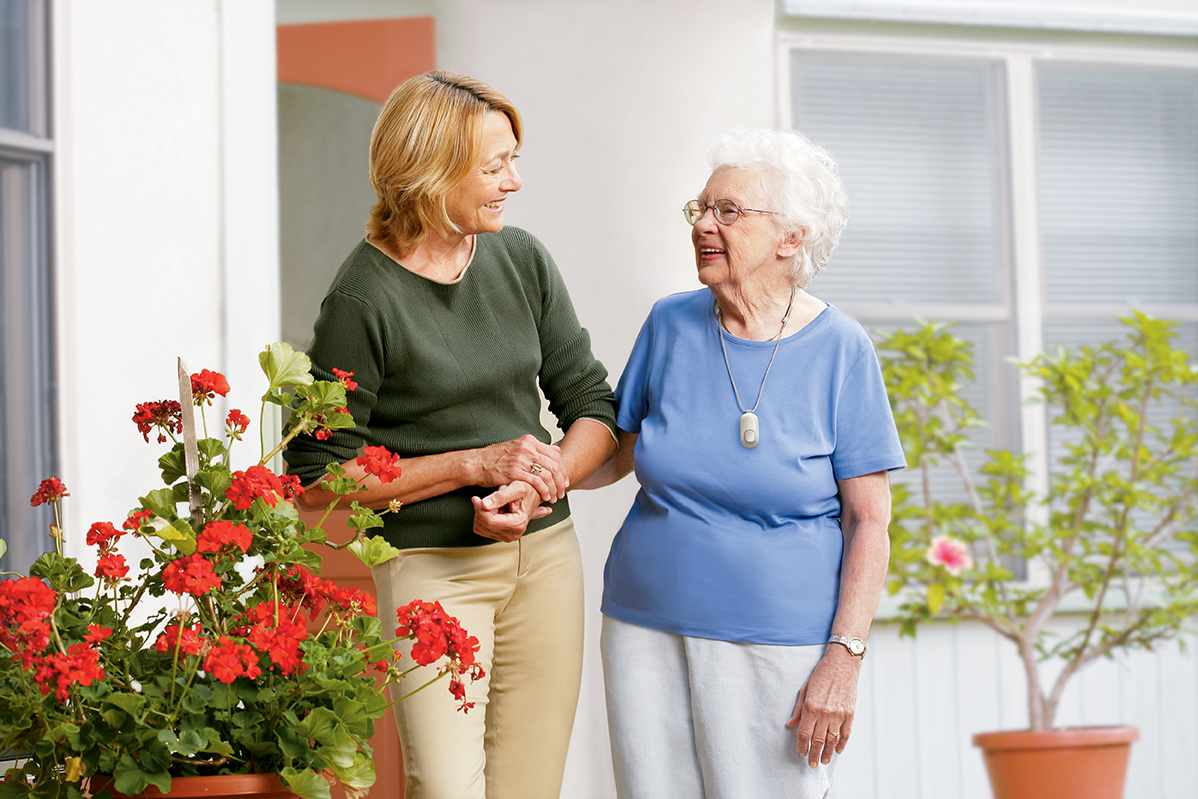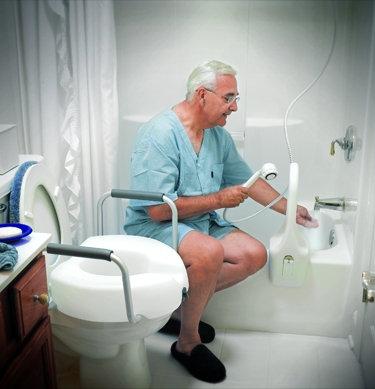
Identifying Alzheimer’s With These 4 Common Warning Signs
November is Alzheimer’s Awareness Month! Over 5.2 million people over the age of 65 suffer from this disease. We want to spread awareness about this disease by sharing the common warning signs for Alzheimer’s. Recognizing these symptoms before they worsen allows you to be proactive in preventing injury or harm.

Personal Emergency Response Systems
For many seniors, the desire to live at home is important to maintaining a good quality of life. Living in an assisted care facility is not for everyone. But, many family members of seniors worry about their loved ones living at home alone. Personal Emergency Response Systems (PERS) are a great tool to ensure that if an issue does arise in the home, the senior has the tool to call for help.

3 Questions To Ask The Home Care Nurse
Choosing to seek in-home assistance from a nurse can be a brand new experience for most. Whether you are seeking home care for yourself or a loved one, you may not be sure how the process works. To entrust someone to care for another person is not a task to be taken lightly. It is important to ask the right questions so you are fully aware of what to expect from the home care nurse!
Here at the 3 top questions that you should ask your potential in-home caregiver so that you can be positive that they will be the right fit for you or your loved one:

Technology & the Elderly: Tips to Staying Safe Online
Technology has grown and progressed exponentially over the past 20 years. While the youth of today have grown up with this luxury and are adept at utilizing it, seniors have not been able to harness the knowledge and tools to keeping safe online as quickly. Here are some tips!

Breast Cancer Self-Exam Tips for the Elderly
Breast cancer is one of the most discussed cancers and is the topic of discussion every October as we raise awareness for this disease! As if growing older doesn’t already come with its own slew of health issues, the risk of developing breast cancer seems to increase with age.
With most illnesses, there are first warning signs. Breast cancer is no different! Performing self-exams can be the best way to ensure your body is not sending you pesky warning signs. read more…

Keep Money In Your Pocket With In-Home Care
Would you rather stay at home for as long as possible or move to another care facility?
If you are like most seniors, we can already guess your answer. You have spent what feels like (and sometimes is) a lifetime making memories and turning your house into a home – the phrase “home is where the heart is” has never been more true. You have more freedom within your home, and are surrounded by all of your mementos and belongings. Inside your home is a place of familiarity, serenity, and peace. Why would you want to give that all up to be transferred to another facility and have to start all over again in a foreign place?

Can You Slow Down Time?
Remembering the slow and endless afternoons of summer creates positive feelings of all kinds! Do you often find yourself wishing that you could slow down town?
You aren’t the only one! And the urge to do this becomes even greater as we age. Sense of time is dictated by how much information we need to process. When we have a lot of information to process, that is when it feels like time moves more slowly. Take, for example, the years of our youth. Didn’t time feel like it passed much slower than it does now? That’s because we had a lot more to process!

5 Tips For A Safer Home For Seniors
For many, age can change how people approach daily life. For seniors, living safely at home can become a huge adjustment. Nearly 90% of individuals over age 65 want to stay in their home for as long as possible according to a research report by the National Conference of State Legislatures and the AARP Public Policy Institute. 80% of seniors believe their current residence is where they will always live.
In order for seniors to stay in their current homes, safety needs to become a priority. By adding safety features now, you may be able to help your parent live comfortably at home for a long time. Here are some key safety features to add to an elderly loved one’s home to help create a stable environment for senior living now and for years to come.

Signs And Symptoms Of Type 2 Diabetes
Type 2 diabetes, which is often called adult-onset diabetes because adults account for nearly 95% of all diagnosed cases, is a chronic disease in which high insulin resistance leads to high levels of glucose (sugar) in the blood.
Type 2 diabetes, according to the American Diabetes Association, is the most common form of diabetes, affecting about 25.8 million people in the United States, or about 8.3% of the population. The American Diabetes Association also estimates that there are nearly 7 million people in the United States that are undiagnosed with type 2 diabetes.

Avoid Senior Isolation
As we age, the tendency to rely solely on ourselves is not uncommon. Relying too heavily on our own person can be isolating though, especially among senior citizens. While relying on the help of family or nursing staff can quickly become frustrating, it can also cause seniors to feel like a burden on others, creating the desire to isolate themselves. For many reasons, it is very important that senior citizens avoid isolation.
So how can you help prevent or resolve the issue of senior isolation?
